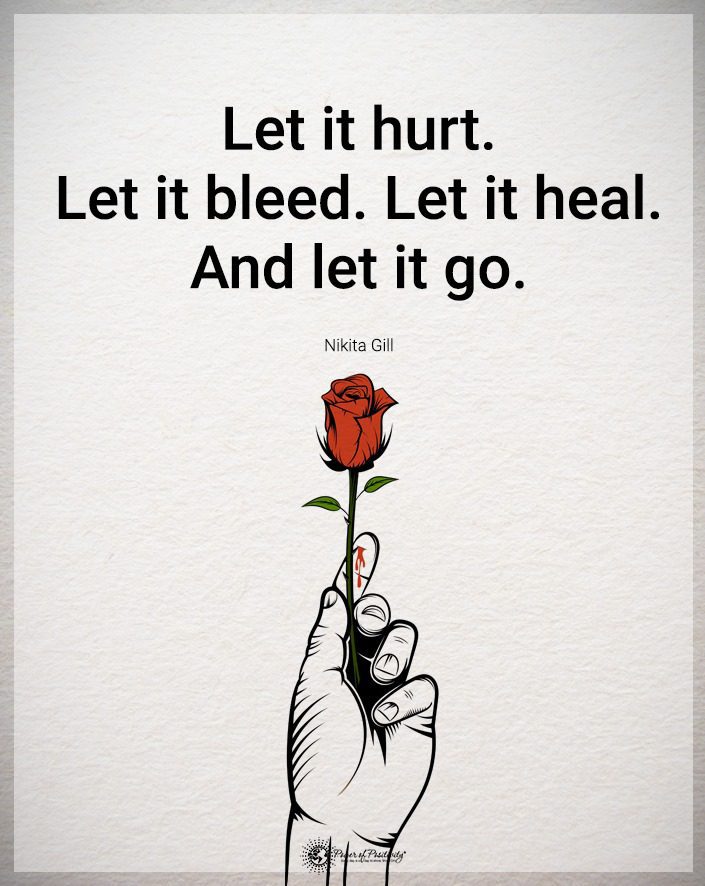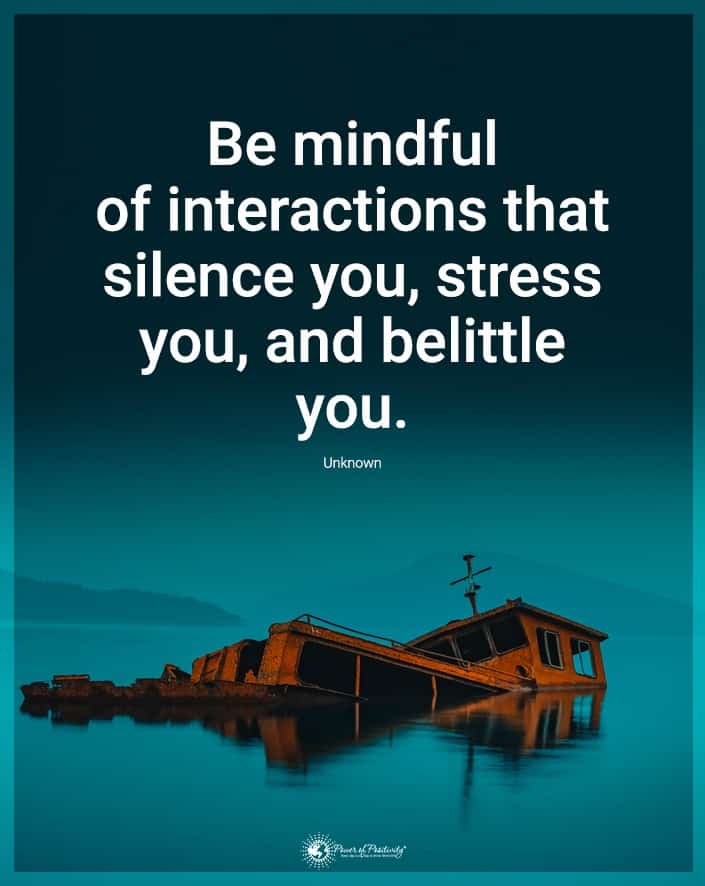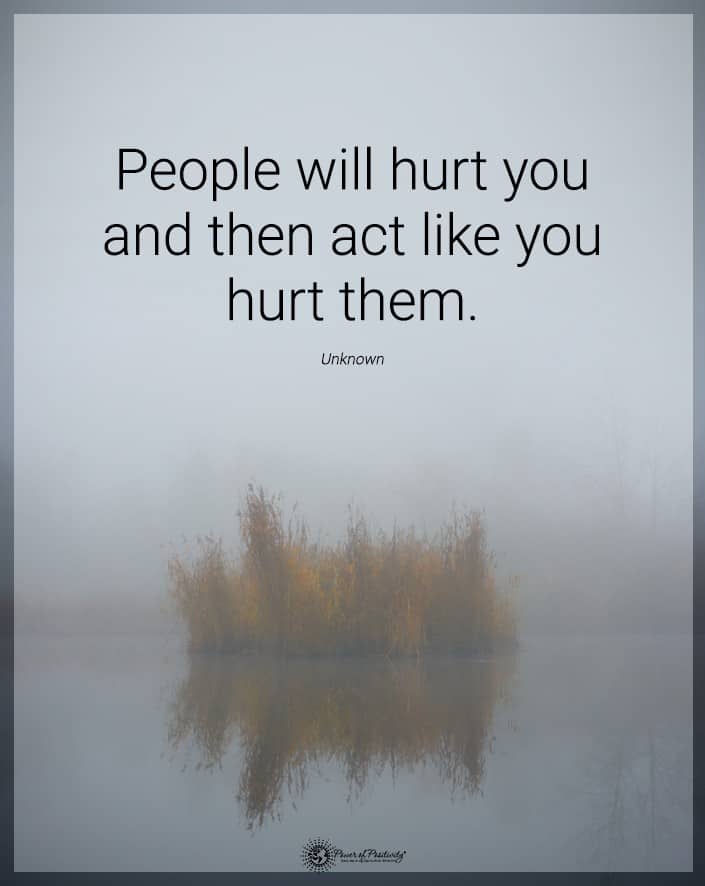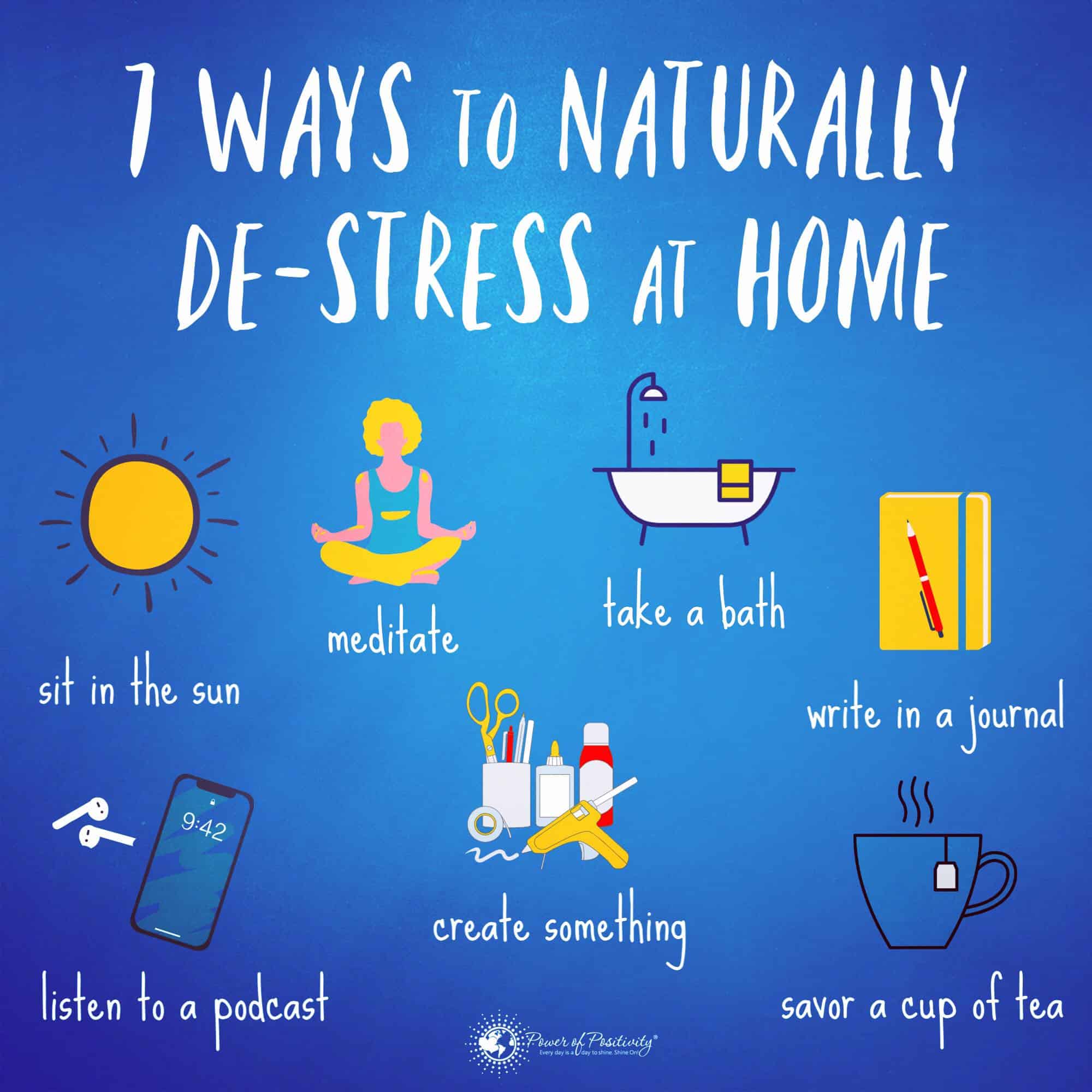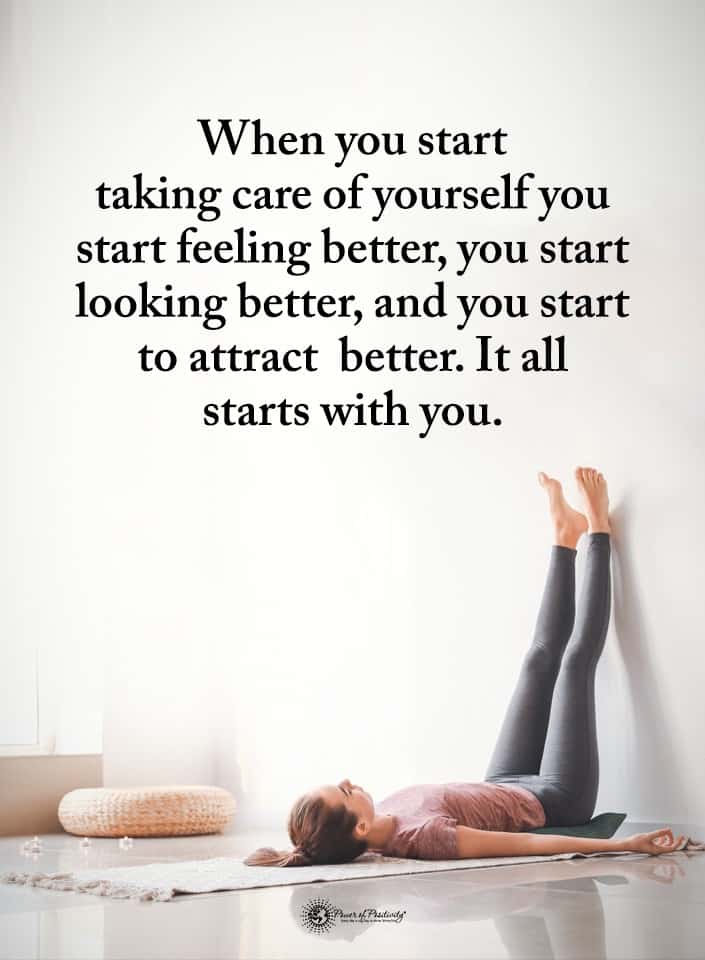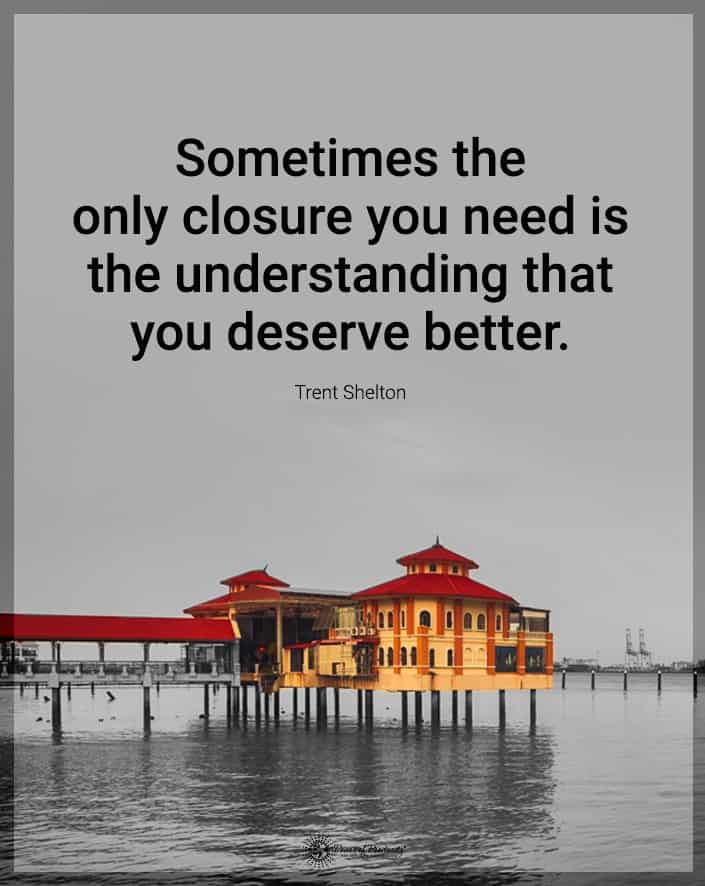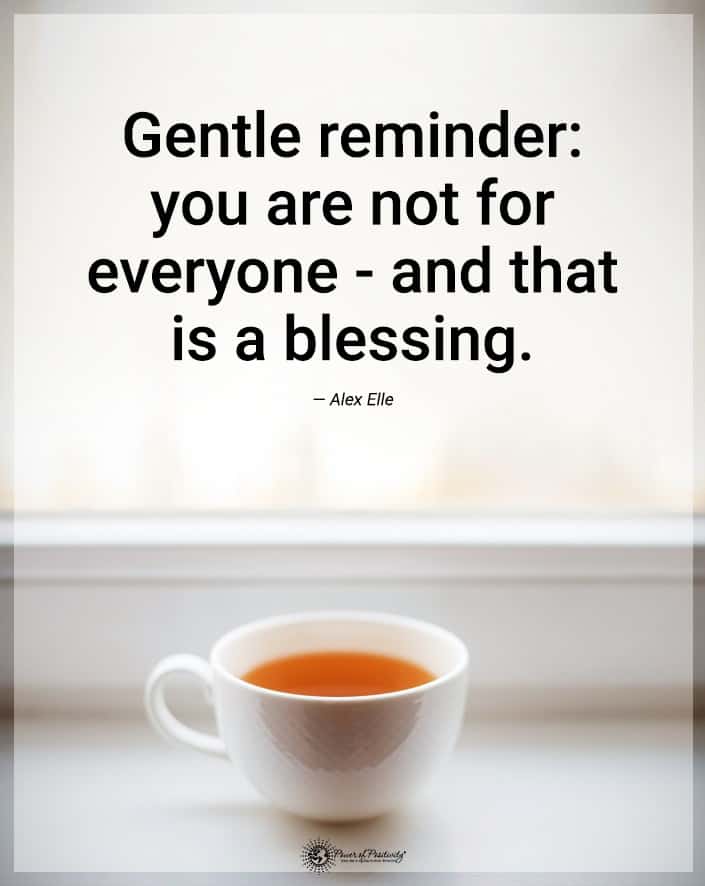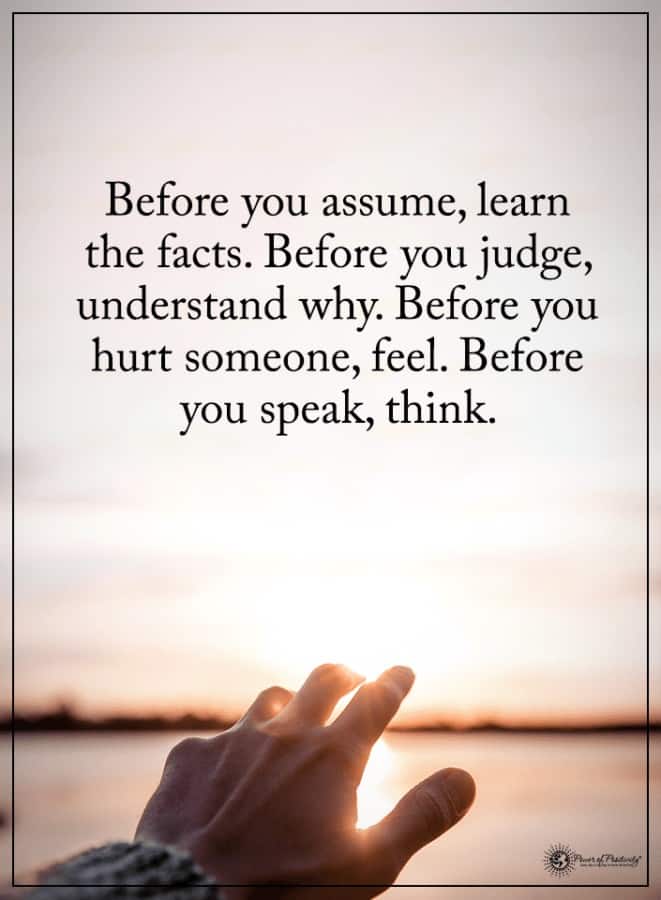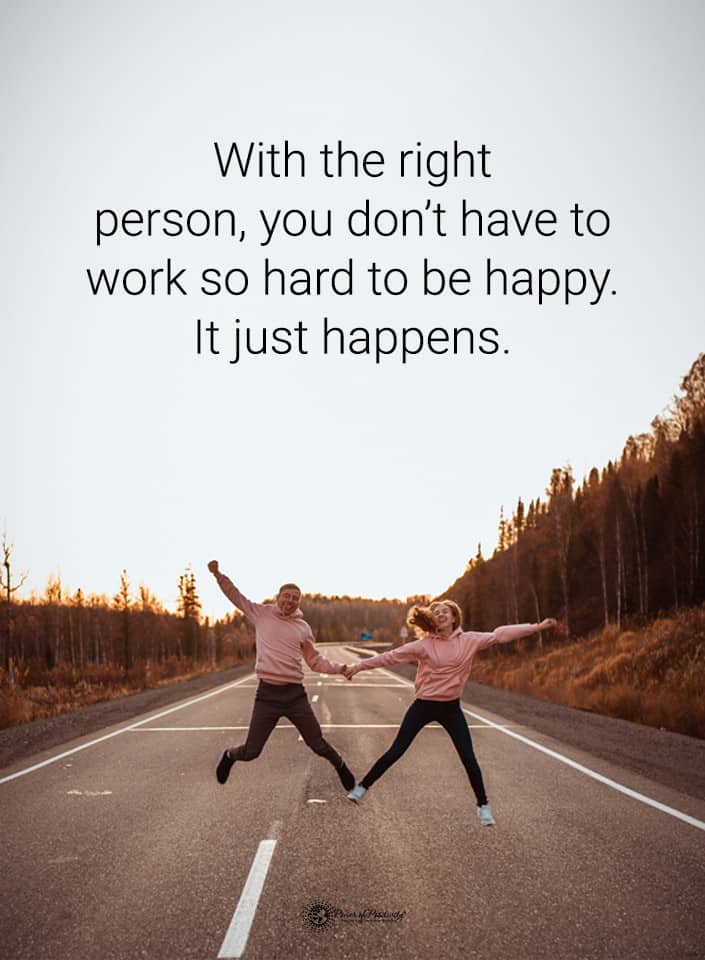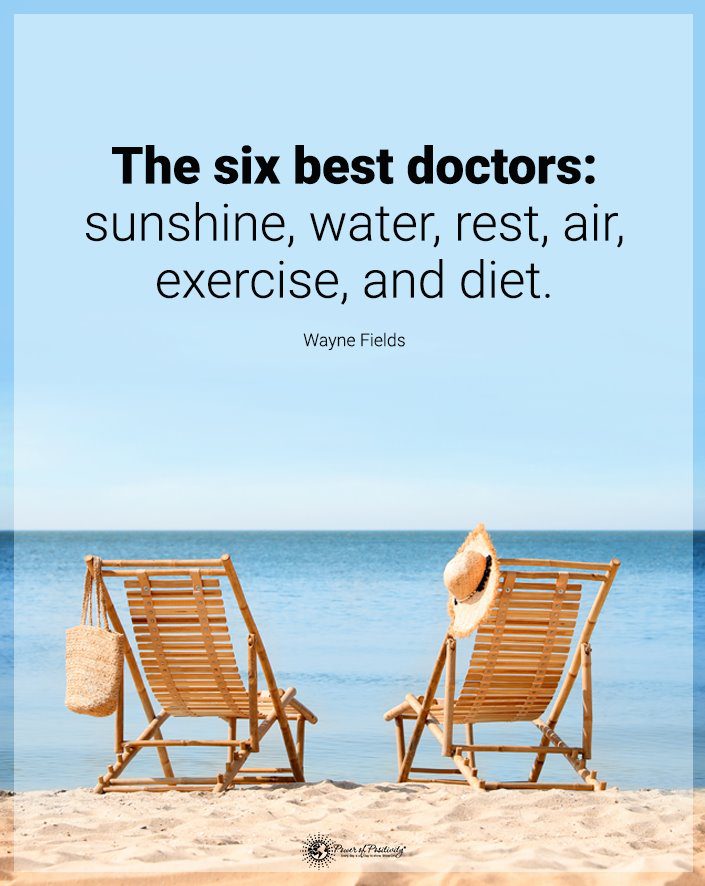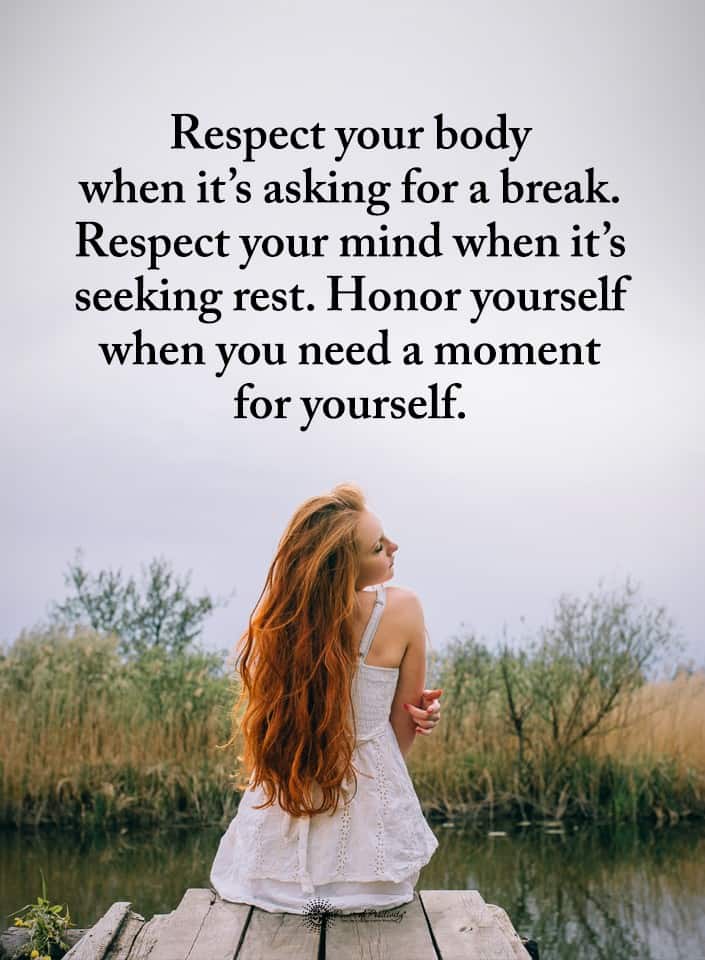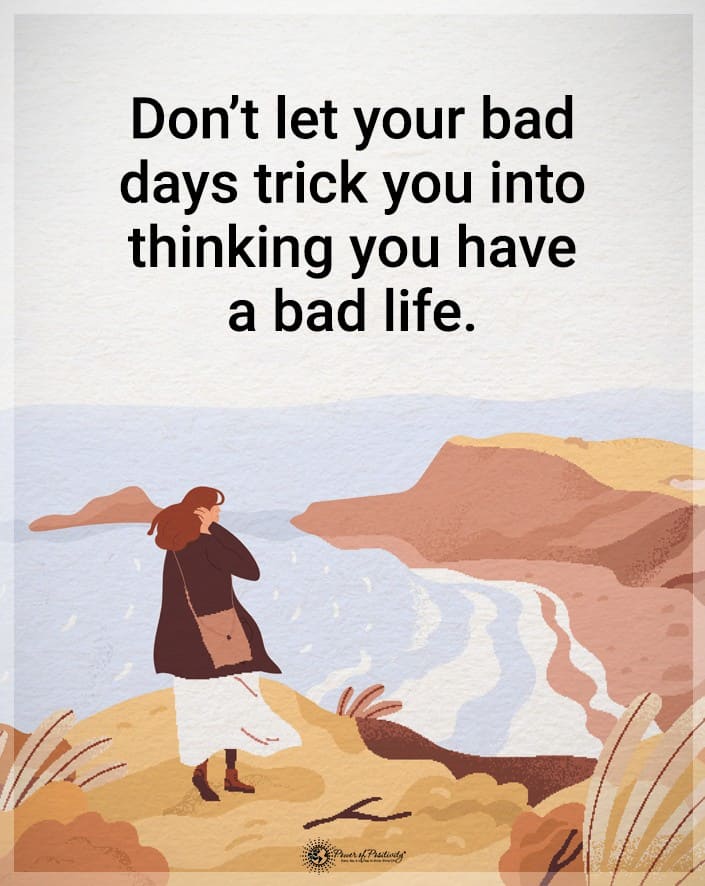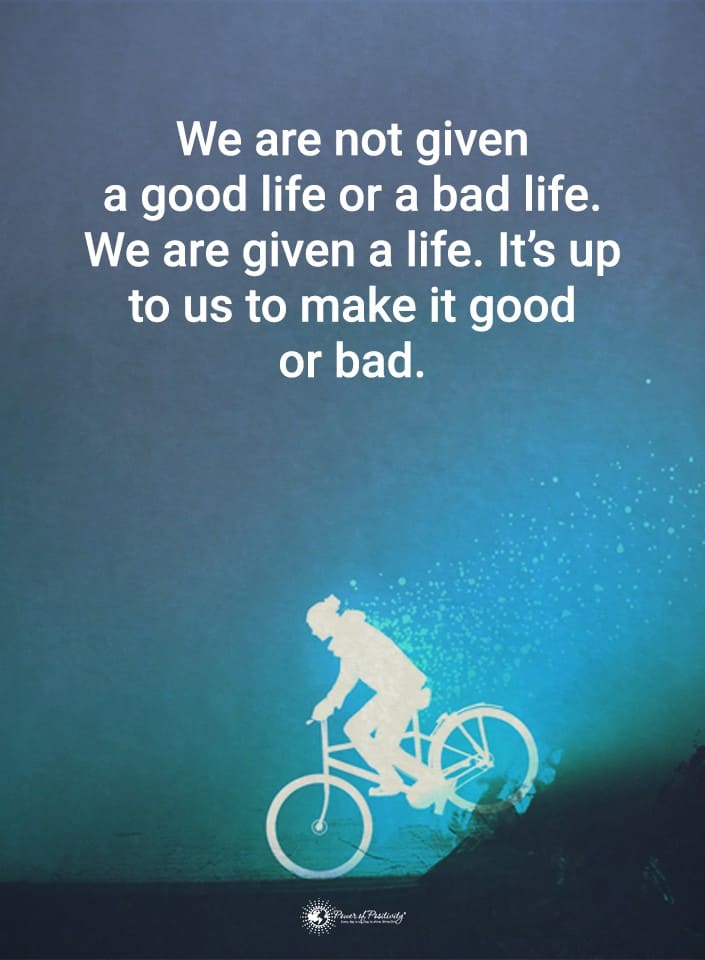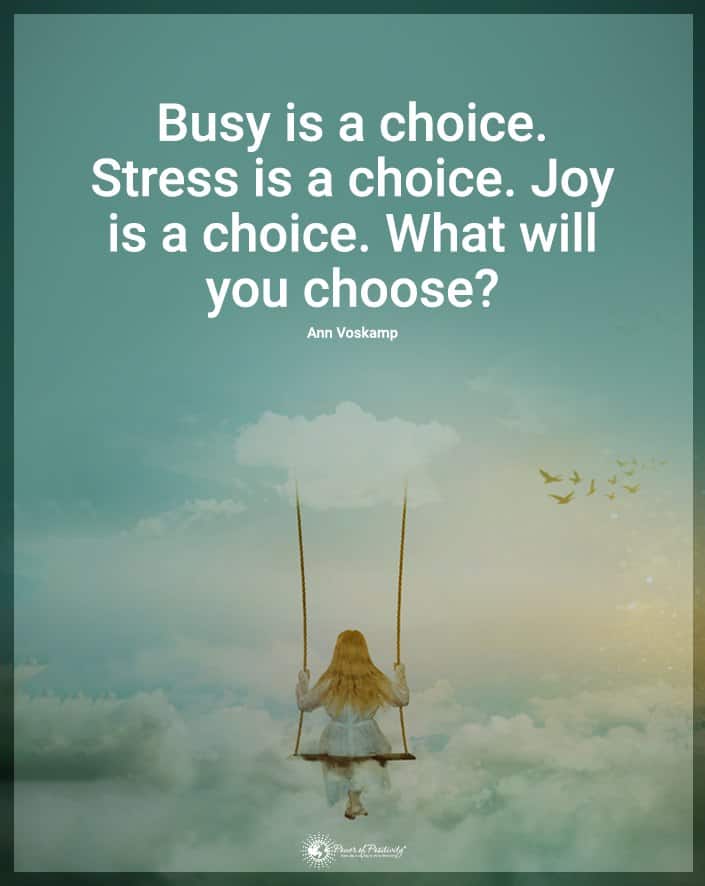Jealousy is far from an uncommon emotion. After all, it’s the brain’s response to a perceived threat towards a relationship that you hold in high regard. There are normal, healthy levels of this feeling, and there’s nothing wrong with the occasional jealous relationship experience.
In fact, research shows that a third of all married couples who attend therapy together experience jealousy! But problems begin to arise when jealousy becomes irrational and overblown. Excessive levels of this emotion can fill relationships with distrust, uneasiness, and pain. While good jealousy can increase passionate feelings, or so say studies, too much will ultimately destroy a relationship.
Experts say that unhealthy jealousy has its roots in fears of abandonment. When you worry that you’re not entirely deserving of love, you have a confirmation bias that seeks reasons others may not love you. This is terrible for relationships and even worse for your self-confidence. Here are six ways a jealous relationship harms your self-esteem.
1. It Causes Self-Comparison
Self-comparison is the act of comparing yourself to other events, people, and ideas. In a jealous relationship, this occurs when you compare yourself to other people in your partner’s life. When you think your partner likes someone else or could be won over by someone else, you compare yourself to that person. This harms your self-esteem because:
· No Jealous Self-Comparisons Are Accurate
When you compare yourself to others, you’re comparing yourself to the way they present themselves. On social media, they showcase their best sides. When people talk about them, you hear what they show. When you meet them, you see them put together. Meanwhile, you know all your own deepest insecurities and flaws. You’re comparing your worst self to their best self, and your self-esteem gets dragged even further downhill.
· Jealousy Dehumanizes Those You Compare Yourself To
Jealousy drives disconnection. And no, we don’t just mean disconnection from your partner in a jealous relationship. When you view someone as the object of your jealousy, they become progressively less human in your eyes. They become a hated “thing” – something that is an enemy. You begin to perceive everything they do as an attack against you, as if they’re playing mind games constantly. Not only is this inaccurate, but it’s also harmful and causes a lot of negative feelings about yourself and others.
· Jealousy Rarely Breeds Positive Upwards Comparison
Upward social comparison can be a very positive thing! It motivates you to be better because you feel inspired by those you look up to, say studies. But in a jealous relationship, this isn’t the kind of comparison that springs forth – you compare yourself upwards but negatively towards yourself. This only worsens your self-esteem as you talk down to yourself because you perceive someone else as “better” than you.
2. It Makes You Criticize Yourself
When you’re jealous, you lose confidence in yourself. The comparison that you perform with others isn’t just about noticing your differences. It’s about beating yourself up because you think you should be more like those you’re envious of.
Worse still, low self-esteem tends to increase the risk of jealousy. You’re more likely to criticize yourself if you’ve already been doing it for a while. In a jealous relationship, self-criticism may be performed by:
- Defining yourself by past, resolved mistakes, and believing that your love may abandon you because of them.
- Attributing adverse events in your relationship as a direct reflection of your lack of worth, often believing that this may not have happened if you were like someone else.
- Attempting to become more like the person who makes you feel envious, thus disrupting your sense of self in the process.
- Refusing to accept reassurance or viewing any consolation negatively, even when support received is genuine, according to research.
3. It Causes Distance In A Relationship
Your self-esteem in a relationship can be maintained when you and your partner maintain an open dialogue and have a close bond. You’ll be able to talk about all sorts of complex topics, express concerns in a healthy way, and foster trust.
But in a jealous relationship, only distance is creased. This distance continues to wear down your self-esteem. The more the relationship deteriorates from a distance, the more you’ll feel that this is happening because you’re not good enough. You validate your jealousy by allowing that jealousy to fester in the first place. A jealous relationship fuels distance because:
· Everyday Conversation Is Strained
Every day, everyday topics suddenly become fields filled with landmines. Something simple that someone says can be misconstrued as a reason for an argument or tension. Everything is taken the wrong way. You stop having everyday conversations about random, small things, and the relationship suffers.
· You’re Not Present
When you’re filled with jealousy, you cannot focus on the here and now. Instead of enjoying your relationship, your head is filled with jealous thoughts. Your connection begins to die as you become more and more distant.
· Arguments Get Stuck In Limbo
Each argument you have that’s centered on jealousy gets trapped in a never-ending cycle. When you’re already questioning everything and playing mind games with yourself, everything a partner says becomes part of the conspiracy. You’ll have the same fights repeatedly, which only further breaks apart a relationship.
· It Breaks Trust
Relationships build from the trust. A jealous relationship doesn’t have any of that. The less you trust your partner, the more jealous you’ll become. The more jealous you become, the less your partner trusts you in turn. It’s a mess, and the relationship will fracture.
4. It Makes You Think You’re Not Good Enough
Anyone with poor self-esteem believes, to some degree, that they aren’t good enough. This can involve appearance, financial status, personality traits, skills, and many other factors. This is something that jealousy feeds on a lot.
In a jealous relationship, you constantly chase an ideal of what you “should” be like. You continuously put others on a pedestal and hope to be like them or worthy of them. Meanwhile, you continually degrade yourself, saying that you lack value and worth.
Sometimes, this even occurs subconsciously. Constantly being on high alert due to jealousy makes your brain search for points of comparison. Your mind is constantly picking up on small details and using them as referential factors that you need to compete with or be better than. It’s a never-ending, highly destructive way of thinking.
5. It Makes You Stop Trusting Yourself
Your trust in yourself is your confidence in yourself, which is tied closely with your self-esteem. Unfortunately, a jealous relationship has a way of completely ruining your ability for self-trust. You constantly play mind games with yourself to figure out the “truth,” which means you have to doubt the realities of what you see.
The less you trust yourself, the more you think you can’t rely on anything you believe. It’s not healthy! A lack of self-trust and jealousy are further connected because they both incorporate the following factors:
· Reassurance-Seeking
In a jealous relationship, you constantly need the validation and reassurance of your partner. You need them always to assure you that you’re the person they want to be with and that they’re not going to leave you for someone else. This causes you to become reliant on that reassurance, so you stop reassuring yourself and trust your mind.
· Taking Emotions As Logic
Validating your emotions, even the negative feelings, is good! But taking them as logical, entirely rational truths that guide your decision-making isn’t ideal. When you feel envy bubble up inside you, you trust your feelings over your brain. You let those emotions control you, and you get more and more jealous.
· Perfectionism
To be more like the people, you feel jealous of. You’re likely to become more perfectionistic. You want to feel worthy of your relationship for fear that if you’re not perfect, you’ll be left. Of course, this is an impossible standard, and when you focus on chasing the impossible, you stop trusting yourself as you are.
· Worry
Worry is central to negative self-esteem. You worry you’re not good enough, that you’re not worthy of love, or that your partner will leave you. You worry about all these things and don’t trust that these anxieties aren’t rooted in reality.
6. It’s A Self-Fulfilling Prophecy
One of the biggest dangers of a jealous relationship is how it fulfills itself. The jealousy that you feel fuels numerous negative, toxic behaviors. These behaviors lead to the fracturing and eventual end of many relationships.
When this mindset causes a relationship rift, your jealous brain shifts to overdrive. You see this end as a confirmation of all your worst fears. All the ways that jealousy harms your self-esteem become confirmed facts in your mind. You may think:
- See, I knew that person was more attractive than me! (self-comparison)
- I should have worked out more, and then they would have stayed. (criticizing yourself)
- I was right not to trust them. They didn’t want me from the start! (things that cause distance in a relationship)
- I’m undeserving of a relationship. No one could want me. (you think you’re not good enough)
- I would have been so much more prepared for this if I hadn’t missed all of those signs! I can’t believe I didn’t see all those reasons my jealousy was valid! (you stop trusting yourself)
Although your jealousy has lied to you, you continue to stand by it. Your relationship falls apart, and you feel that this means your jealousy was valid. The cycle only continues, and you continue to bring these thoughts into future interactions—your self-esteem plummets, which further reinforces that jealousy. It’s a deadly downward spiral, and it’s best to climb out of as quickly as possible.
Final Thoughts On Some Ways A Jealous Relationship Can Harm Your Self-Esteem
A jealous relationship will be rife with turmoil, stress, and hurt, and ultimately, it’ll crash and burn. Learning to address feelings of jealousy positively through open communication and emotional regulation can save partnerships.
If your relationship is plagued by jealousy, consider seeking couple’s counseling and individual therapy. A professional can teach you healthy coping mechanisms and better ways to direct, process, and understand these emotions.

